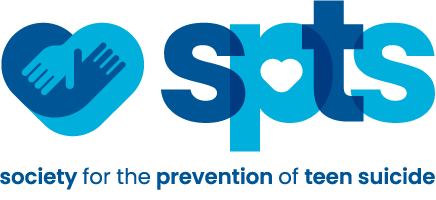As many of you may know, the stigma of mental health is a prominent issue in the field of suicideology. The stigma surrounding mental health may prevent individuals who may be at-risk for suicide to seek support from employers, school staff, family, friends, and especially a mental health professional. We are pleased to feature the following post written by Tara Chalakani, LPC, NCC, ACS, RN that magnifies the challenges of the stigma surrounding mental health in America and emphasizes the connection between mental and physical health.
As many of us are starting to feel a kick in our step with the longer, sunny days of summertime, almost half of the American population is struggling with a mental illness and living in a shroud of despair. Specifically, one in five children are struggling with a mental illness. Sadly, one of the biggest challenges in addressing mental health issues in America is stigma. Individuals who are afflicted with a mental illness often feel embarrassed and ashamed, which interferes with accessing treatment as well as reaching out to trusted supporters. Some of the ways we can address the stigma that surrounds mental health issues is by talking openly about them, educating ourselves, and understanding the connection between physical and mental health.
There are important things to consider as we raise awareness to mental health and the connection to physical health. People who exercise tend to be happier. A ten-minute walk can boost your mood for two to three hours. Diet and nutritional deficiencies also play a key role in mental health. Limiting sugar and caffeine intake can reduce symptoms of anxiety. Boosting supplemental vitamins like D, C, and Bs also have significant effects on mental health. Lastly, struggling with chronic pain or an inflammatory condition, increases the likelihood of having a mental health issue by 80% which very often gets overlooked.
When we think about the children in our lives, be mindful that mental health issues are not something they can just “get over” because they’re kids. Keep open lines of communication with your children and validate their feelings. Ensure that they have a trusted adult at school or a private counselor they can “vent” to. Encourage them to use apps like Happify, Mood Journal, or Simple Habit. There are also helplines like 2nd Floor which teens can call or text (888-222-2228) as well as the National Suicide Prevention Lifeline: 1-800-273-8255. We are not alone, and help is a call/text away, but mental illness can feel very isolating. Let’s start the conversation as we enjoy the summer months and raise mental health awareness!
Tara Chalakani, LPC, NCC, ACS, RN
Preferred Behavioral Health Group
Vice President, Mental Health Services for Youth and Families
Tara has a great passion for working with children and families of all ages, and ensuring that their needs are met through available behavioral health programs, education, and community resources. She has served in leadership roles in the non-profit and for-profit sectors of behavioral health, and has had a 25+ year career in healthcare. Tara has undergraduate degrees in Nursing and Psychology, a MS in Mental Health Counseling, and is currently completing a Psy.D in Behavioral Health Leadership. Tara is a Licensed Professional Counselor, Registered Nurse, National Certified Counselor, Approved Clinical Supervisor, and a current fellow of LEAD NJ.

